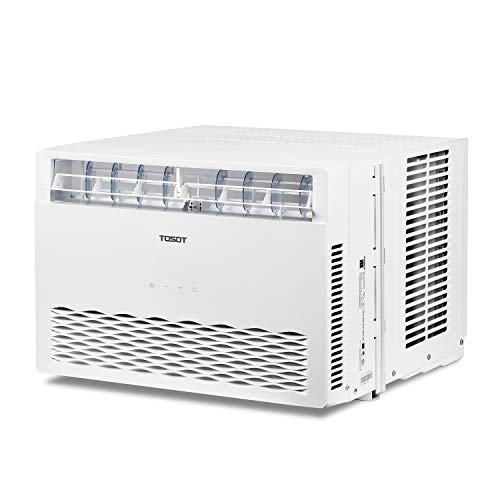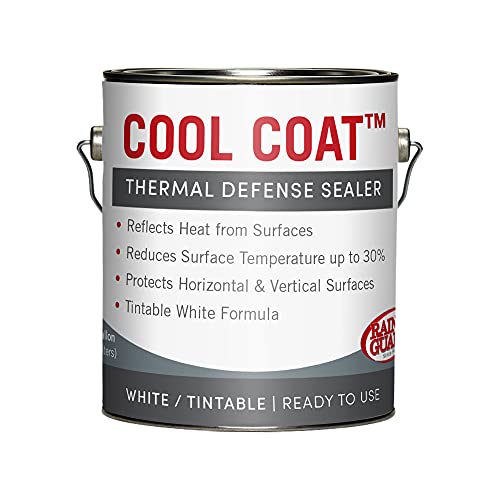Mobile homes are great for those who want their own home but at a lower cost. Like with a traditional home, you'll need to heat and cool your living space. What size air conditioner would you need for your mobile home? We've done the research and can tell you!
In an average climate, you'll need a 2.5-ton air conditioner unit. However, this can vary due to the environment. You can need between a 2-ton and 4.5-ton unit, depending on your climate and the quality of insulation in your mobile home.
Now that you know what size you'll need, let's learn more! Keep reading to discover more about cooling your mobile home, different methods for cooling this type of building, and more!
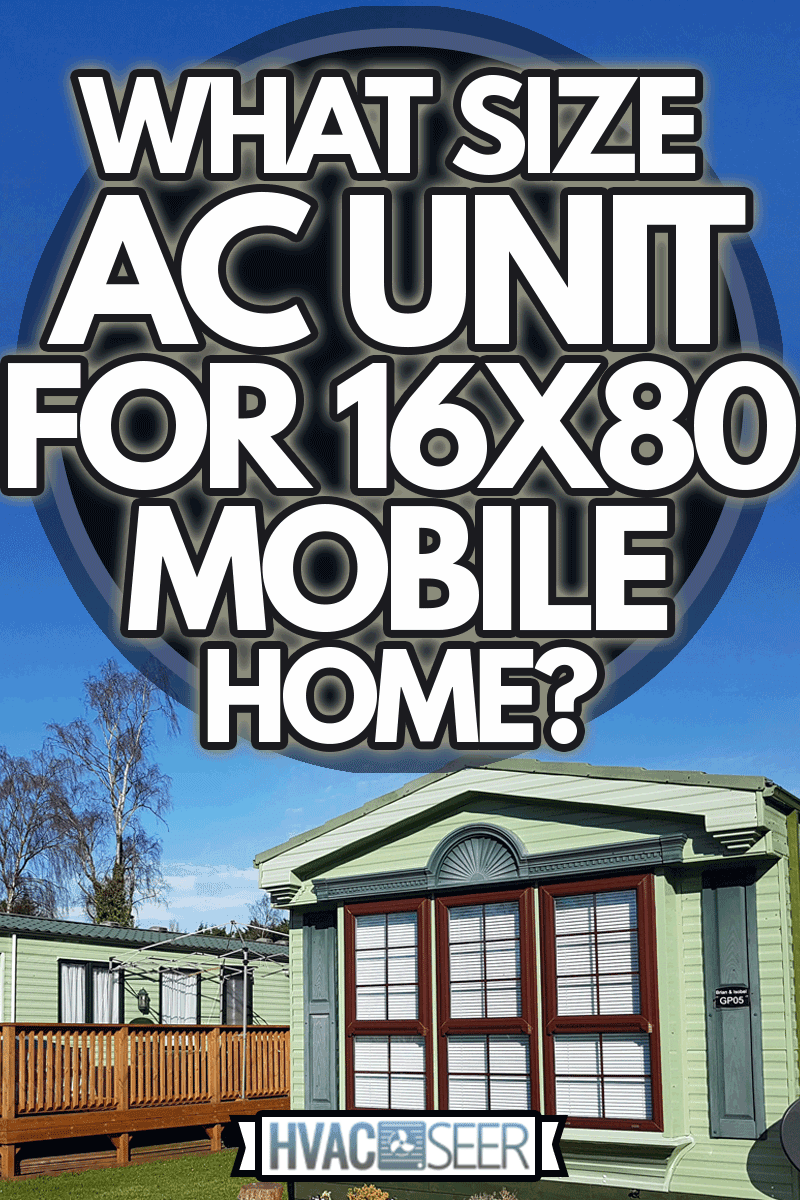
Determining Your Square Footage
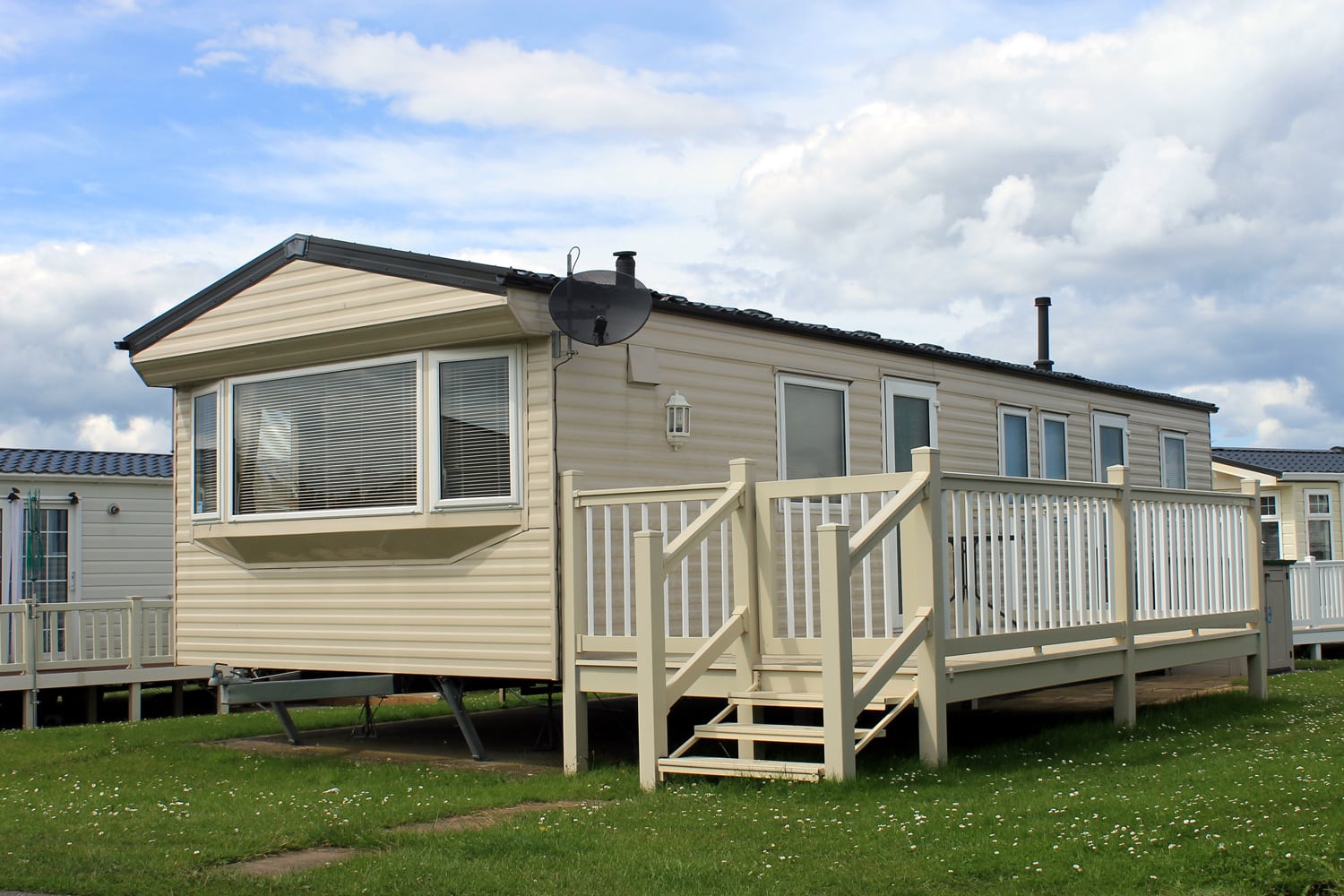
The easiest way to determine the size of the air conditioner you need is to figure out your square footage. A 16 x 80 mobile home will be approximately 1,280 square feet. However, the square footage can vary slightly.
There are a few things that can change your square footage. One reason for some discrepancies is the specific design and layout of the manufacturer. Another is if any extra work has been done to the home.
Measure it Yourself
You can also measure your house to determine the square footage! First, you'll need to measure the exterior length and width of the building. Then, multiply those numbers together. The number you get will be the square footage of your house.
BTUs Per Square Foot
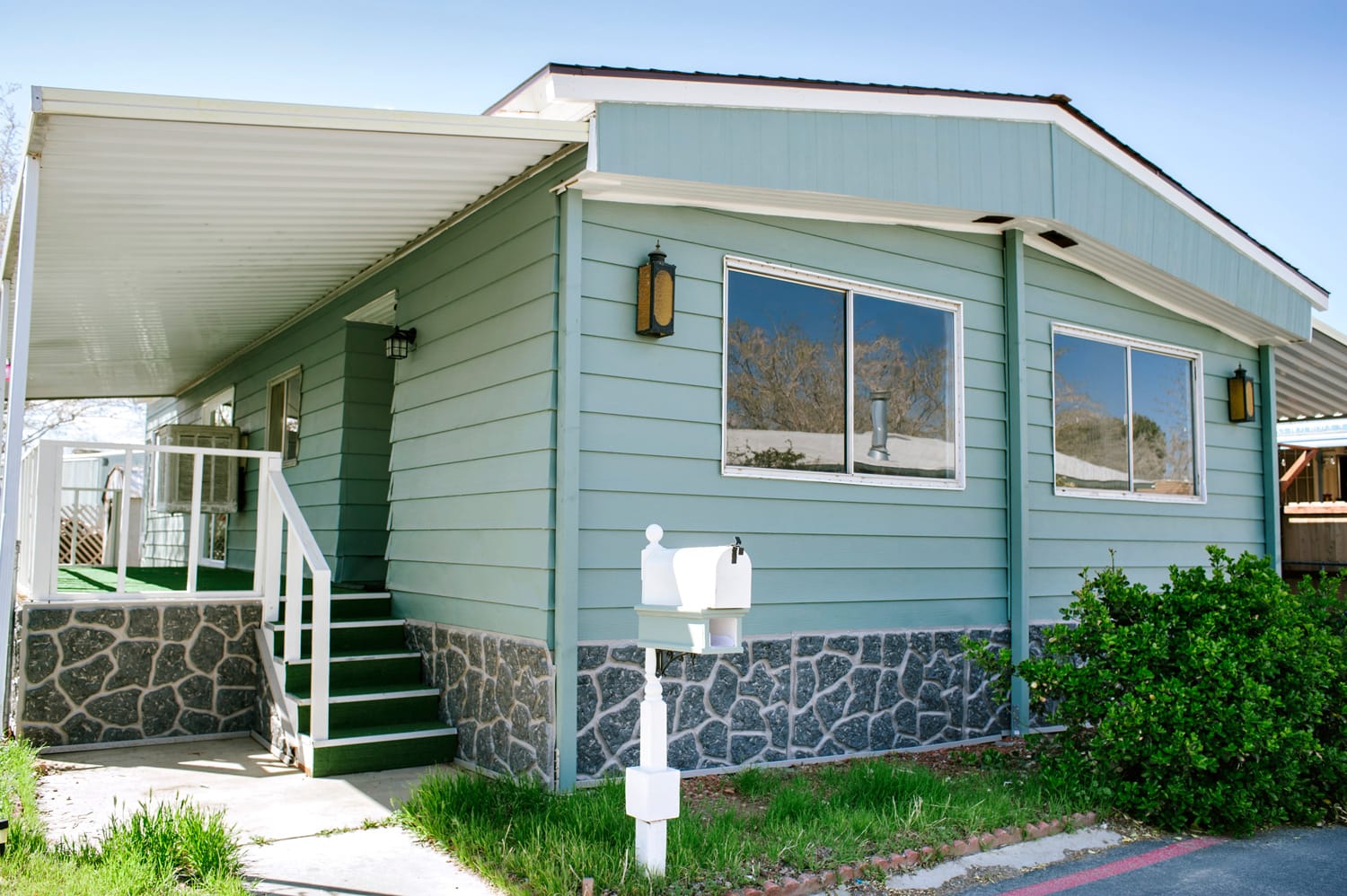
It will take 20 BTUs to cool one square foot of space. This can change depending on how hot it is where you live, how effective your insulation is, and how tall your ceilings are. Finally, your air conditioner will also need to be more powerful if more than two people live in the home.
If you live in a 16x80 mobile home with average insulation, sun exposure, and climate, you'll need an air conditioner that produces 30,319 BTUs. This is equivalent to a 2.5-ton unit.
Undersizing your Air Conditioner
While a 2.5-ton air conditioner may work in average conditions, this won't be the best choice for all climate types. If you live in a hotter region, such as Florida or Texas, you'll need a more powerful air conditioner. Typically, you'll need one that's between 3 and 4 tons.
There are a few things to look for if you're concerned your air conditioner is too small. If your house doesn't feel cool, your AC is frequently running, and you have high electricity bills, it's possible you need a bigger unit!
Oversizing Your Air Conditioner
When it comes to air conditioners, bigger doesn't mean better. Oversizing your unit can cause problems just as big as an undersized unit.
Keep an eye out for short cycling and high humidity. An oversized unit can quickly cool a home. However, it doesn't run long enough to evenly cool the area or dehumidify the air. You'll also have higher electricity bills, and your unit won't last as long.
If you're living in a colder region, you'll need between a 1.5 and 2.5-ton air conditioner. You'll need at least a 2-ton or 24,000 BTU unit. However, some areas in the northern United States don't require one that large.
Sizing Charts
The best way to determine your correct air conditioner size is to use a sizing chart for your region. Energy Star has one available for areas within the United States. This will give you some idea of what size you should be looking for.
Even with these guidelines, it will be best to consult a professional installer before making final decisions. They will be able to tell you any relevant information that will adjust your unit size.
What kind of air conditioner goes in a mobile home?
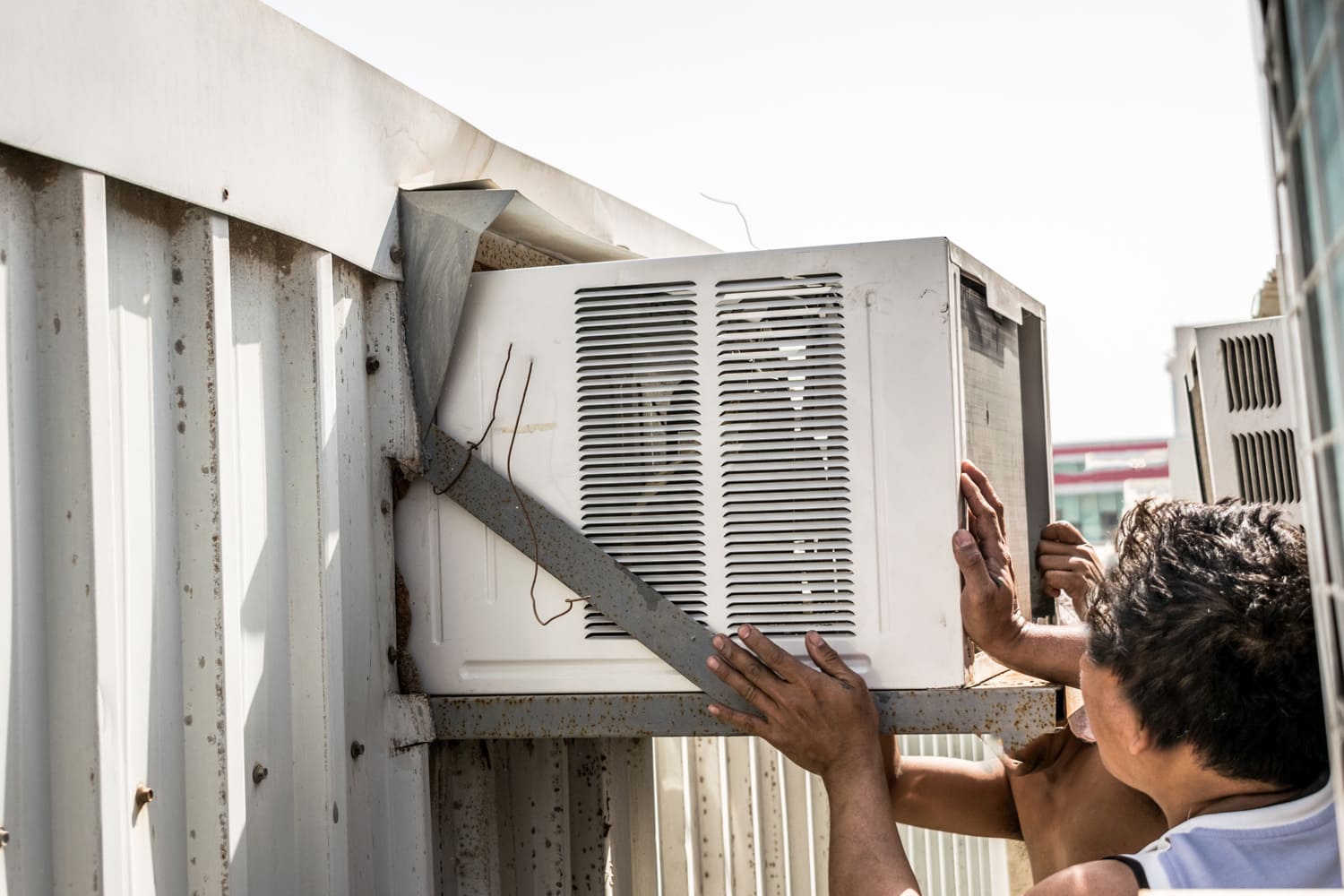
There are several types of air conditioners that you can use in a mobile home. Two popular options are central air conditioning and packaged air conditioning systems.
Both of these systems utilize an outside unit connected to the home via ducts. However, the central air system will also have an indoor evaporator and furnace. The packaged system is an all-in-one unit. The compressor, condenser, and air handler are all located outside.
Ductless Systems
Many mobile homes are made with a ducting system. However, some don't have them. It's sometimes possible to install ductwork in an existing mobile home.
There won't be enough room in some cases, or it could just be too expensive to do. In these cases, the best options for cooling your mobile home are either window units or ductless air conditioners.
Ductless air conditioners or mini-splits have an outdoor compressor and multiple indoor units. You'll put the indoor systems in each room you want to cool.
The other option is the window unit. Window air conditioners fit within your window and are best for cooling a room or a small area. Remember that you'll most likely need to buy multiple units to cool your entire home with this system properly. You can also try to use fans to help push the air to other rooms.
Check out this 30,000 BTU mini-split on Amazon!
Check out this 8,000 BTU window air conditioner on Amazon!
Don't forget to check out this 25,000 BTU conditioner on Amazon!
Do mobile homes get hot in the summer?
Like any home or apartment, mobile homes can also get hot in the summer. Poor door or window insulation can be one of the problems. Hot air can easily get in and heat your home. You can also have insufficient insulation within your home's walls.
It's possible to redo the insulation within your mobile home. However, there are other things you can try before you go that route. You can use a special coating on your roof and even insulate the underbelly of your home.
There are several brands of paint and sealant that you can use on the outside of your home. These help to reflect sunlight keeping the inside of your home cooler.
You can also add insulation to the underbelly of your home. Do this yourself with spray foam or rigid foam board insulation. However, you can also call a professional to update the insulation!
Check out this elastomeric coating on Amazon!
Check out this 2-inch insulation foam on Amazon!
Don't forget to check out this closed cell spray foam on Amazon!
How can I cool down my mobile home without installing an AC?
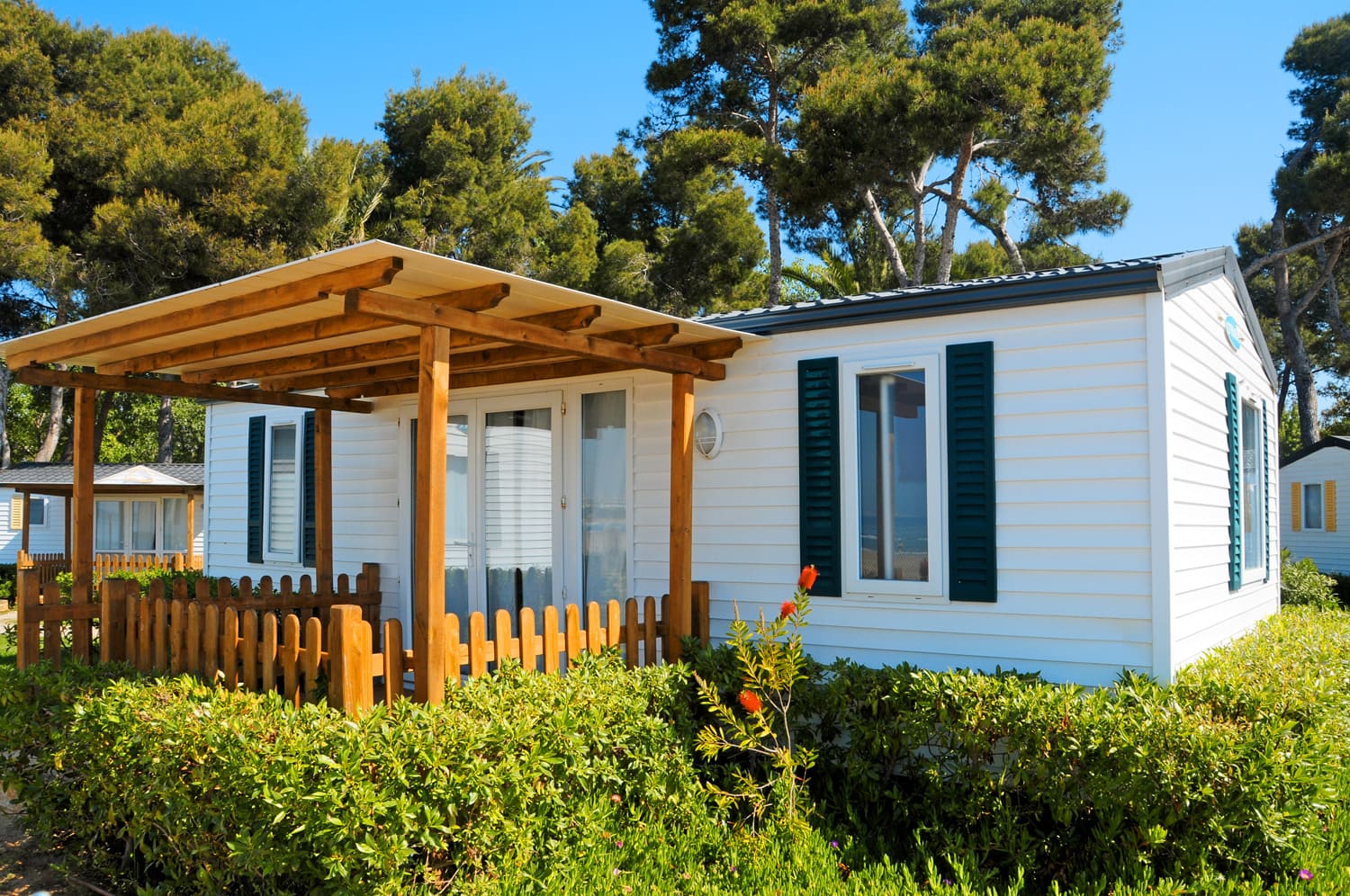
If you don't want to install an air conditioner, other home cooling options are available! You can use a portable air conditioner.
These units are less effective than traditional air conditioners. However, they can still help you beat the heat. You can use multiple units or move the air conditioner around as you switch rooms.
Another trick is to use fans to push hot air out and cold air in. To do this, you'll first need to keep all your windows closed during the day. Then, open the windows at night and set up your fans.
You'll need one fan pointing outside to get rid of the heat. In another window, place a fan with it blowing inside. This will bring the cool air in and improve the air circulation. There are also fans designed for this specific purpose!
Don't forget to keep your interior doors open! That will also help airflow.
Check out this Black and Decker brand portable AC on Amazon!
Check out this 9-inch twin window fan on Amazon!
In Closing
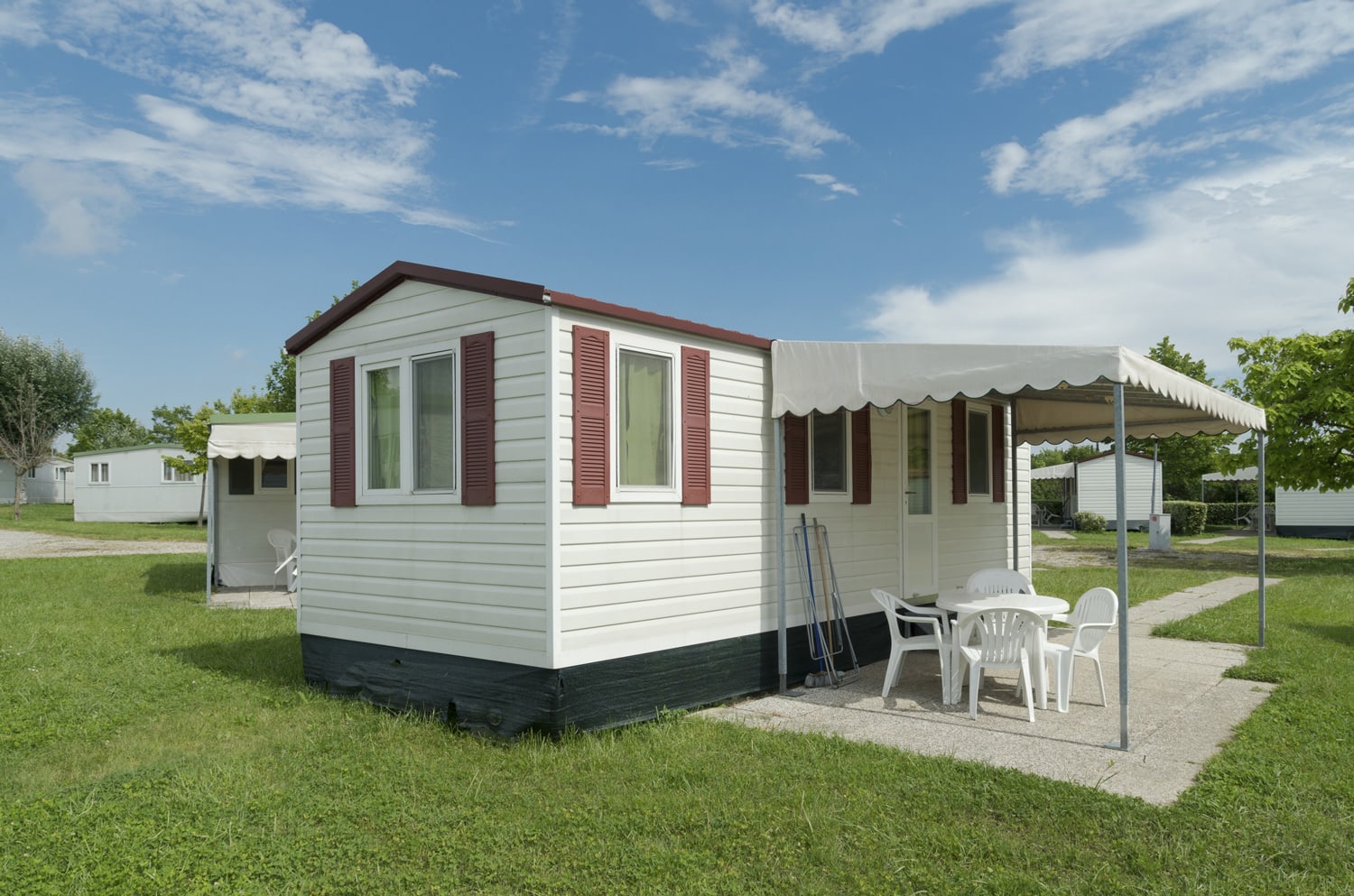
Keeping cool in a mobile home doesn't have to be hard! Most 16x80 homes are around 1,280 square feet and will need a 2.5-ton air conditioner.
However, always be sure to check the power requirements for your climate! Cold regions could need as low as 1.5 or 2-ton unit, while hot regions could need up to a 4.5 ton one.
Need more? Try one of the posts below!
What's The Best Furnace For A Mobile Home?


